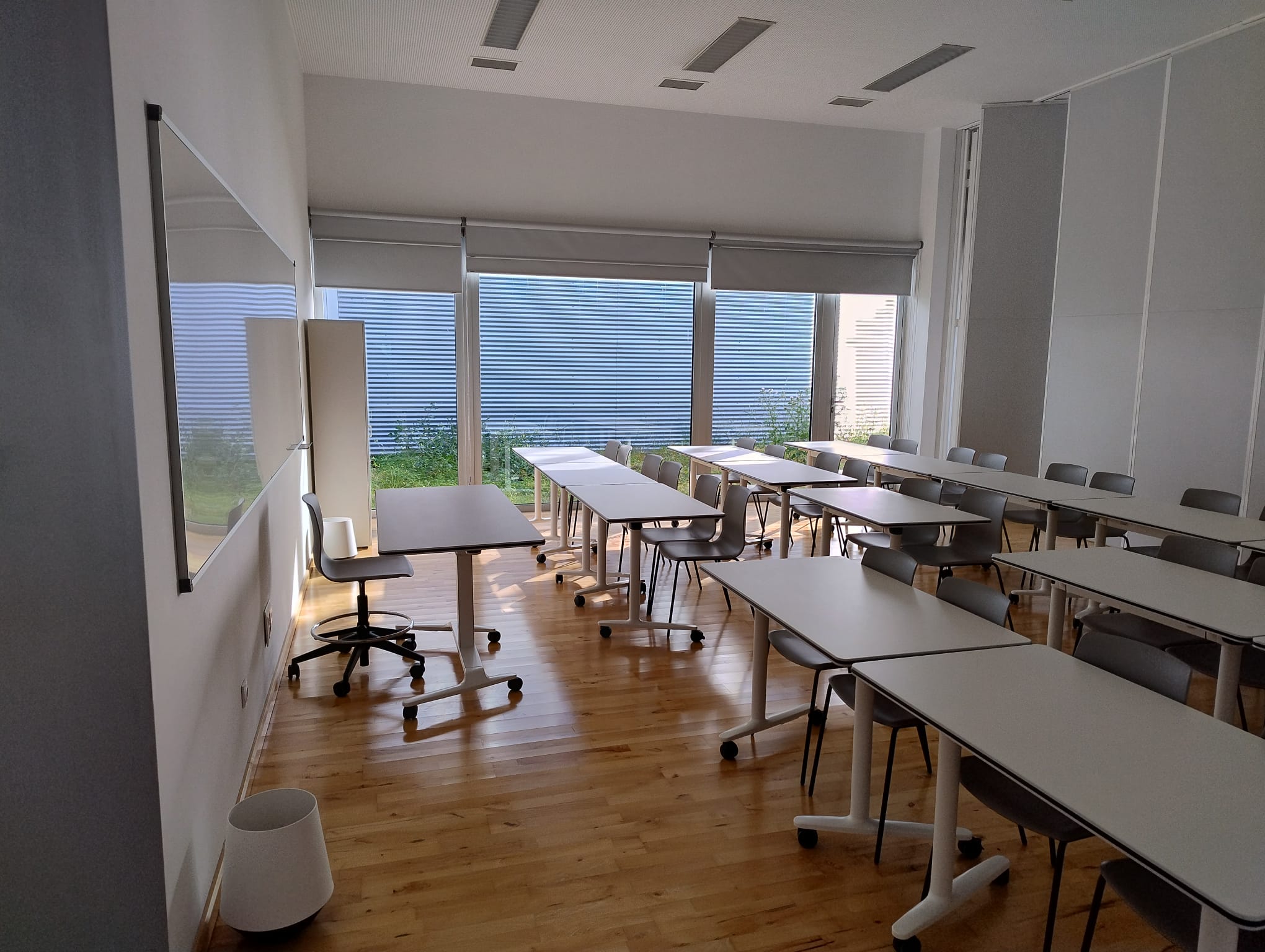
Centro Balear de Biodiversidad
Courses and Seminars
© Antoni Costa
Training
Participate in our free courses and seminars
The CBB organizes specialized courses and seminars on biodiversity, offering updated and practical training for researchers, students, managers, and professionals, promoting learning and knowledge transfer with top-level speakers.
-
From 25 to 27 November, 2025
Introduction to Environmental DNA and Metabarcoding of Eukaryotic Communities
This course provides a general introduction to molecular methods for biodiversity analysis using DNA extracted from environmental samples, metabarcoding analysis procedures (laboratory and sequencing strategies), and bioinformatic methods for data processing and taxonomic assignment with reference databases. It emphasises hands-on problem-solving and practical application, using examples based on real datasets. This is an introductory course, suitable for participants without prior experience in metabarcoding.
Target audience: Technical staff, undergraduate students, researchers, and faculty members interested in applying molecular tools to biodiversity studies. Basic knowledge of programming and data handling will be valued.
Requirements: Applicants must submit a motivation letter outlining their reasons for attending and their academic/professional link to the topic.
tEACHERS
Owen S. Wangensteen (Universidad de Barcelona)
Adrià Antich (Centre d’Estudis Avançats de Blanes, CEAB-CSIC)
WHEN & WHERE
25/11/2025 to 27/11/2025
25–26/11: 9:00 am – 5:00 pm
27/11: 9:00 am – 4:00 pm
ParcBit, Complex I+D buildingFree with prior registration
(Link available soon via FUEIB portal)
-
From 29 September to 2 October, 2025
RADseq Data Analysis
This course focuses on the analysis of restriction site-associated DNA sequencing (RADseq) data for identifying and genotyping single nucleotide polymorphisms (SNPs), a key technique for genotyping non-model organisms. These methods enable the detection of thousands of genetic variants in hundreds of individuals quickly and cost-effectively.
Participants will explore various methods for generating and analysing these data, with a special focus on bioinformatic analysis using Stacks software. The course will also include an introduction to both basic and advanced Unix concepts.
Target audience: Technical staff, postgraduate students, and researchers interested in the analysis of reduced representation genomic sequencing (RRGS) data — such as RAD-seq, ddRAD, 2bRAD, GBS — applied mainly to non-model organisms, with or without a reference genome.
Requirements: Basic biology knowledge and familiarity with genomic data derived from next-generation sequencing (NGS) technologies. Programming knowledge is recommended.
Instructors:
Natalia Díaz Arce (AZTI)
Naiara Rodríguez-Ezpeleta (AZTI)
WHEN & WHERE
29/09/2025 to 02/10/2025
9:00 am to 4:00 pm (1-hour lunch break)
ParcBit, Complex I+D buildingFree with prior registration
-
22nd May, 2025
2nd Biodiversity Interdisciplinary Meeting
Biodiversity Day 2025
Celebrating International Biodiversity Day, this multidisciplinary event will bring together researchers, students and managers in biology, evolution, ecology, conservation and environmental sciences, among other disciplines. We will explore the challenges and opportunities of biodiversity, approaching its study, management and conservation from a collective and innovative perspective.
Invited speakers, speed-talks, posters (with prizes for students) and networking opportunities in a relaxed atmosphere.
-
20th to 21st May, 2025
Reference Genome Generation: Workshop on Problem Solving in High Molecular Weight DNA and Hi-C Extraction
A two-day interactive workshop focused on the extraction of high molecular weight DNA (HMW) and Hi-C problem-solving.** Designed for experienced researchers and motivated beginners, it provides a platform to discuss and address some of the key challenges in generating high-quality reference genomes.
The main goal of this workshop is to provide practical support for real-world challenges. We aim to create an open and collaborative space where participants can share their experiences, discuss common obstacles, and receive feedback from peers. By engaging everyone in problem-solving discussions, we hope to promote knowledge exchange, refine methodologies, and collectively improve HMW DNA and Hi-C extraction techniques.
When and Where
20/05/2025 to 21/05/2025
9:00 AM to 5:00 PM
Edifici complex M2 (Carrer Blaise Pascal, 7, Parc Bit)
Limited places
-
5th and 6th of May, 2025
Photo-trapping in practice: from survey design to data analysis.
Universidad de Extremadura
The Centro de Biodiversidad y Cambio Global (University of Extremadura), as a member of the Red de Centros para el Estudio y Gestión de la Bioidiversidad, is organising this workshop to provide comprehensive training in the use of camera traps for ecological studies and wildlife conservation.
Key issues such as activity patterns, species interactions, population density estimation and occupancy models will be addressed, combining theory and case studies.
WHEN and where
05/05/2025 to 06/05/2025
9:30-14h and 16-19h
Facultad de Ciencias, Campus de Badajoz, Universidad de Extremadura
